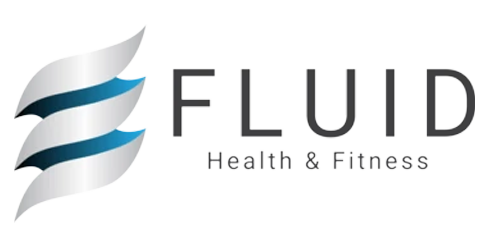
May 05 , 2021
0 Comments
Nutrition Monthly | Nutrition Tips to Protect Your Body Against Chronic Inflammation
Inflammation is a hot topic making headlines these days. You’re probably most familiar with the type of inflammation that accompanies a small sports injury. For example, perhaps your ankle swelled after twisting it. That swelling is an example of “acute” inflammation, which helps protect and heal the body after an injury or infection by improving blood flow and recruiting white blood cells to fight foreign invaders. Although inflammation is beneficial initially, if it sticks around too long, it also can become destructive and cause long-lasting health challenges within the body. This inflammation is known as chronic, low-grade or systemic inflammation.
The good news is that although chronic inflammation is a threat to health, there are steps you can take to reduce inflammation. The following lifestyle factors are unhealthy and thus increase inflammation. These include being overweight, breathing polluted air, smoking, not exercising, poor sleep quality or duration, and poor stress or emotional management. Controlling these factors automatically will put you ahead of the inflammation game.
What you choose to eat can also be a contributing inflammation factor. For example, in excess - these are common inflammatory foods for most of us - sugar, sugary drinks, alcohol, processed meats, fried foods laced with saturated fat. Also, some of us have specific food sensitivities or intolerances that can cause inflammation. If you are experiencing unexplained symptoms related inflammation, then it makes sense to dig deeper with a registered dietitian to find out what is inflammatory for YOU beyond the usual suspects. Symptoms of chronic inflammation may include fatigue or low energy, body aches, swelling, or pain, skin rashes, excessive mucus production, or unexplained digestive symptoms to name a few.
Starting Today - Foods to Reduce & Foods to Increase?
When it comes to your diet, here are things to cut back on to fight inflammation:
Choose at least 1-2 inflammatory foods to reduce:
- Added Sugar and Refined Flour Products - Pop, sugary drinks, fruits juice, cakes, cookies, pies, candy, pastries, sugary cereal, added sugar, brown sugar, corn syrup, cane sugar, and fructose.
- Salty or Highly Processed Foods - Deli meats, hot dogs, chips, salty seasonings, teriyaki/ steak/ or Worcestershire sauces, and frozen dinners with > 600mg sodium.
- Excessive Drinking - Stick to no more than one alcohol drink a day if you’re a woman or one to two drinks a day if you’re a man.
- Inflammatory Oils - safflower, soybean, sunflower, peanut, corn oil, and shortening.
- Limit Saturated Fat - fried & breaded foods, animal fats like butter or fatty cuts of meat.
- Avoid Foods YOU may have an Intolerance or Sensitivity To - Do a Leap MRT blood test and nutrition protocol with a Registered Dietitian to better determine what foods cause inflammation specifically for you (beyond the “usual suspects” listed here).
Choose at least 1-2 anti-inflammatory foods to increase:
- 5-9 Servings of Fruits & Vegetables: Especially berries, cabbage, beets, dark cherries.
- Increase Fiber: whole grains, beans, lower salt nuts, fruits, and vegetables.
- Choose Healthy Fats, Oils, and Omega 3’s Sources: avocado, olive oil, avocado oil, canola oil, and nut oils. Include 6 ounces fish per week.
- Better for you Proteins: Fish, eggs, quinoa, nut butters, hummus, beans, lean chicken & turkey, grass fed Beef (< 2x/week or for some < 2x/month).
- Better for you Seasonings: Turmeric, balsamic vinegar, pepper, Mrs. Dash, & salt free/fresh herbs.
- Better for you Treats: Dark chocolate or Green Tea
- Visit with a Registered Dietitian to determine individualized supplement protocols.





